Back on the Farm: Lessons from Japan
Some of the fondest memories from my years of traveling in my 20s come from my experiences volunteering on organic farms. Affectionately known as WWOOFing, World Wide Opportunities on Organic Farms is the organization that manages these volunteer experiences, providing lists of farms in need the world over. While my hands may be softer now than when I spent time in the early 2000s working on farms in more than a dozen countries, my enthusiasm, passion and drive to help change the food system by lending a hand to these hard-working agricultural pioneers is as fervent as ever. I was even more inspired to share the WWOOF experience with Trey who hadn’t had his hands in the dirt since childhood, when he would help out around his grandparents' farms during long, hot Southern summers.
Farming in Japan was also something that I had always wanted to better understand, so I was thrilled when the opportunity came to volunteer in mid-June at Shiratori Family Farm, a full-scale organic vegetable CSA (Community Supported Agriculture). A bit surprising to both of us, organic farms, especially those offering CSA membership, are a rarity in Japan, so we were eager to learn more from our host. Located in the north of the main island, we made the 12 hour journey from the Southern Japanese Alps via four different trains, followed by a local bus and a short car ride to finally arrive at the base of Mt. Iwaki where we would spend the next week volunteering.
Bucolic Shiratori Family Farm in northern Japan with Mt. Iwaki in the background, and yes, that is still snow on the peak in mid-June.
At Shiratori, Kat-San and Junko-San were our gracious hosts, opening up their beautiful, rustic farmhouse to us and sharing their wonderful, wholesome food and a priceless glimpse into life as full-time Japanese organic farmers (and off-season Cellists). After seven years away from farm labour, here are a few lessons I learned from this memorable experience:
You have to work smart for healthy
Without the use of petrochemical fertilizers, harmful pesticides and dubious GMOs, it may take a little more elbow grease, patience and know-how to get the best results. Concerns over the health of these 'conventional,' industrial practices continue to be raised, and the benefits of organic methods continue to be espoused – I’m convinced that organic agriculture is not only healthier for humans, but also for our planet. However, it certainly isn't the easiest or quickest way to achieve results, but as a wise frog once said, "It's not easy being green."
Everyone benefits when you lend a hand
One day during our stay, a few city friends of our farmers visited the farm to weed the fields with us for an afternoon. As it can be hard work to go organic, help from the community is needed to support the good effort. By spending even a few hours volunteering on a farm, it builds community and a meaningful relationship with the farmer --and with the rising cost of gym memberships, is a great workout, too!
Every food decision matters
Seasonality in diet and food consumption has a significant impact on the ‘food miles’ (or miles measured in CO2) your meal travels in order to feed you. When we travel, we prefer to enjoy local, seasonal meals that celebrate the time and place of the region we are visiting. It’s a small way to combat our carbon footprint, especially in light of our current yearlong journey.
Get dirty
By now, we’ve all likely read the articles out there that preach the benefits of getting dirty and not over-sanitizing life – good bacteria make for a healthier gut and healthier body for children and adults, alike. Shiratori Farm truly believed and lived by this principle as they completely avoided the use of anti-bacterial soaps and only sparingly used dish and hand soap when necessary. After our initial shock to sparing soap use wore off, we took this practice as a great reminder for those of us who live in urban environments: it’s good to get out of the city from time to time and get your hands dirty!
Imperfect is perfect
I’m a huge fan of the ugly produce movement that is taking hold around the world. Imperfect produce tastes exactly the same (sometimes better!) as the more symmetrical, unblemished specimens. Let’s waste not to want not. The beauty of the CSA model is the "no waste methodology" – whatever the season yields, the bounty (blemishes and all!) is shared among its supporters.
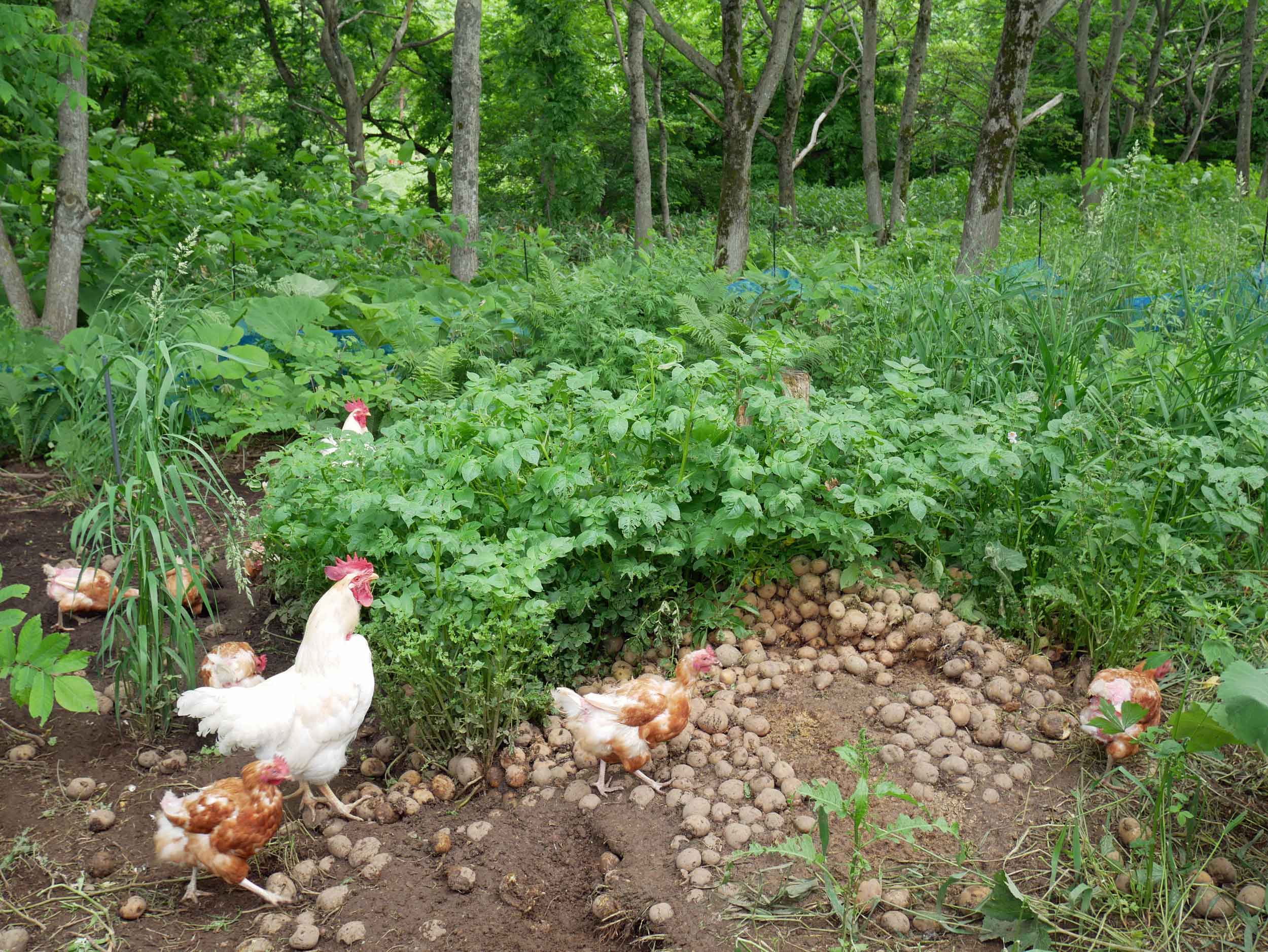
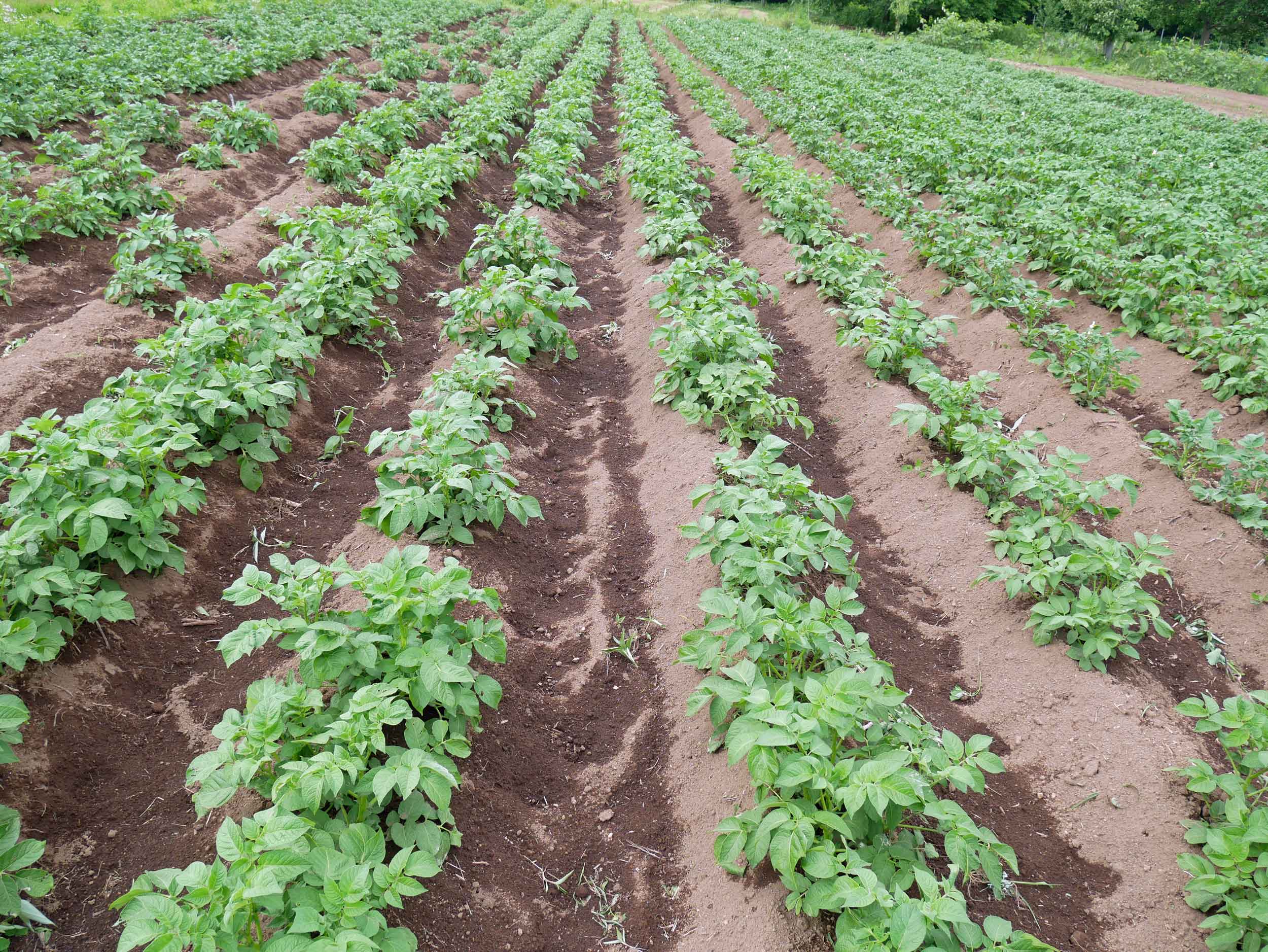
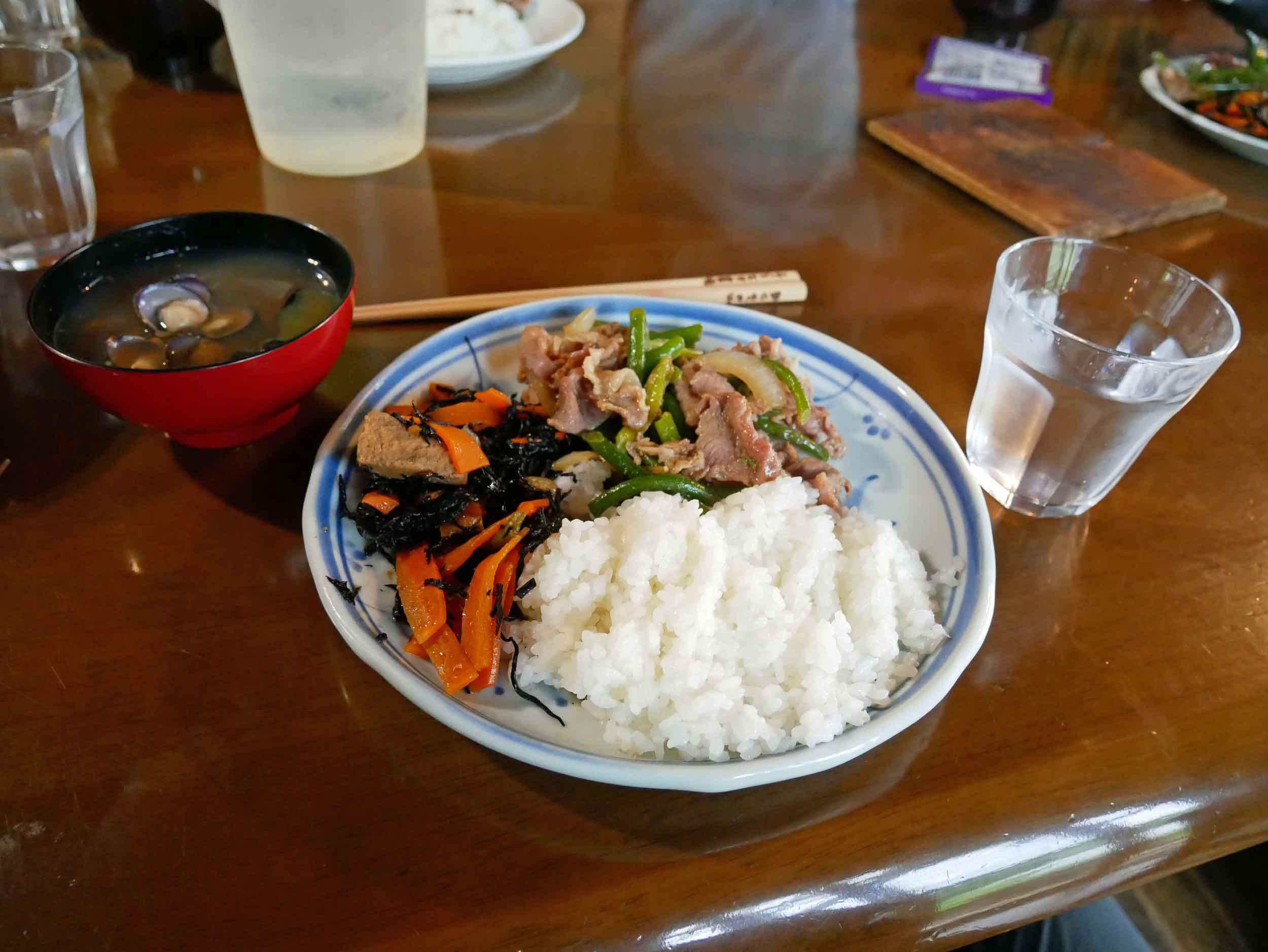
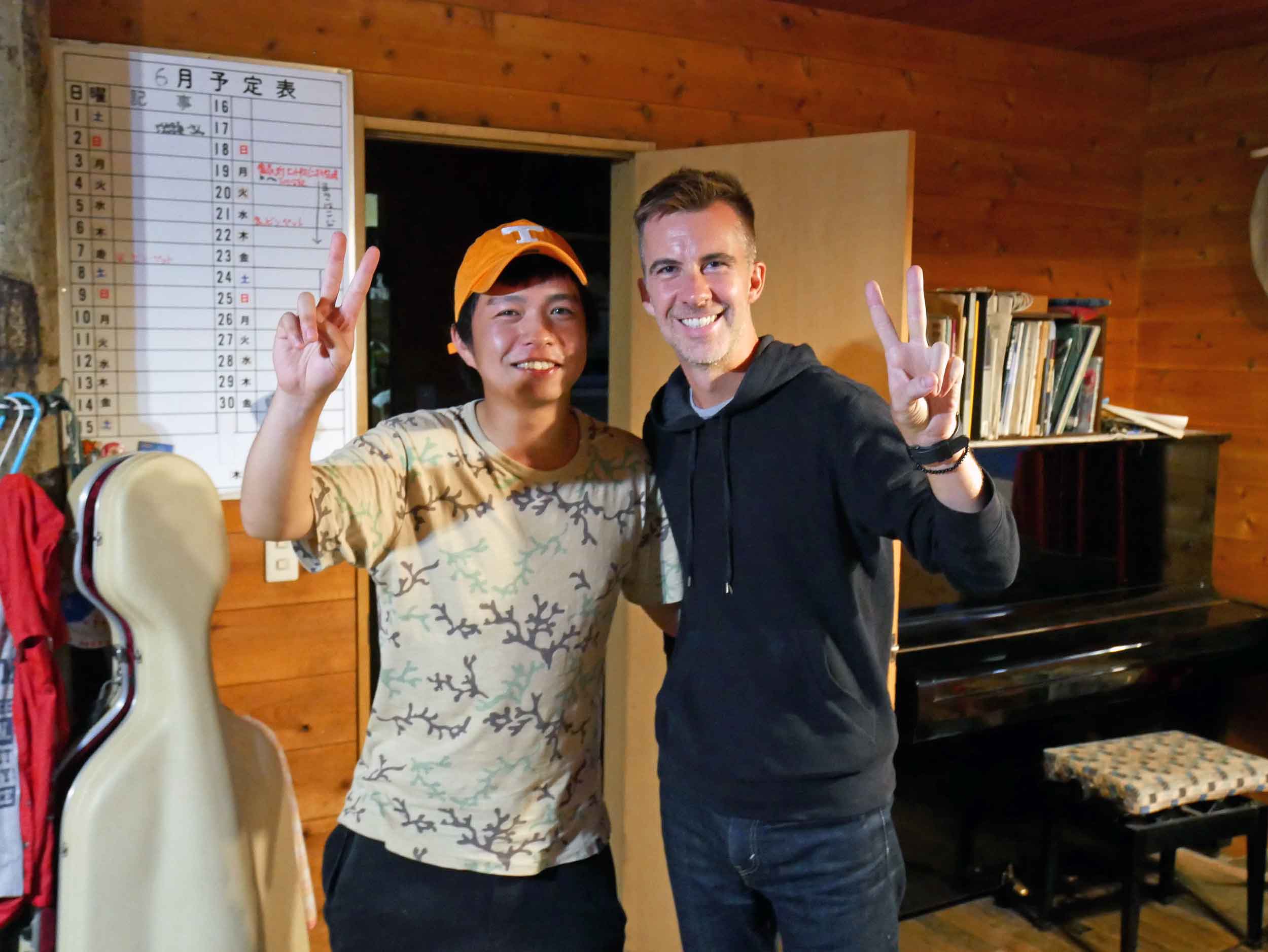
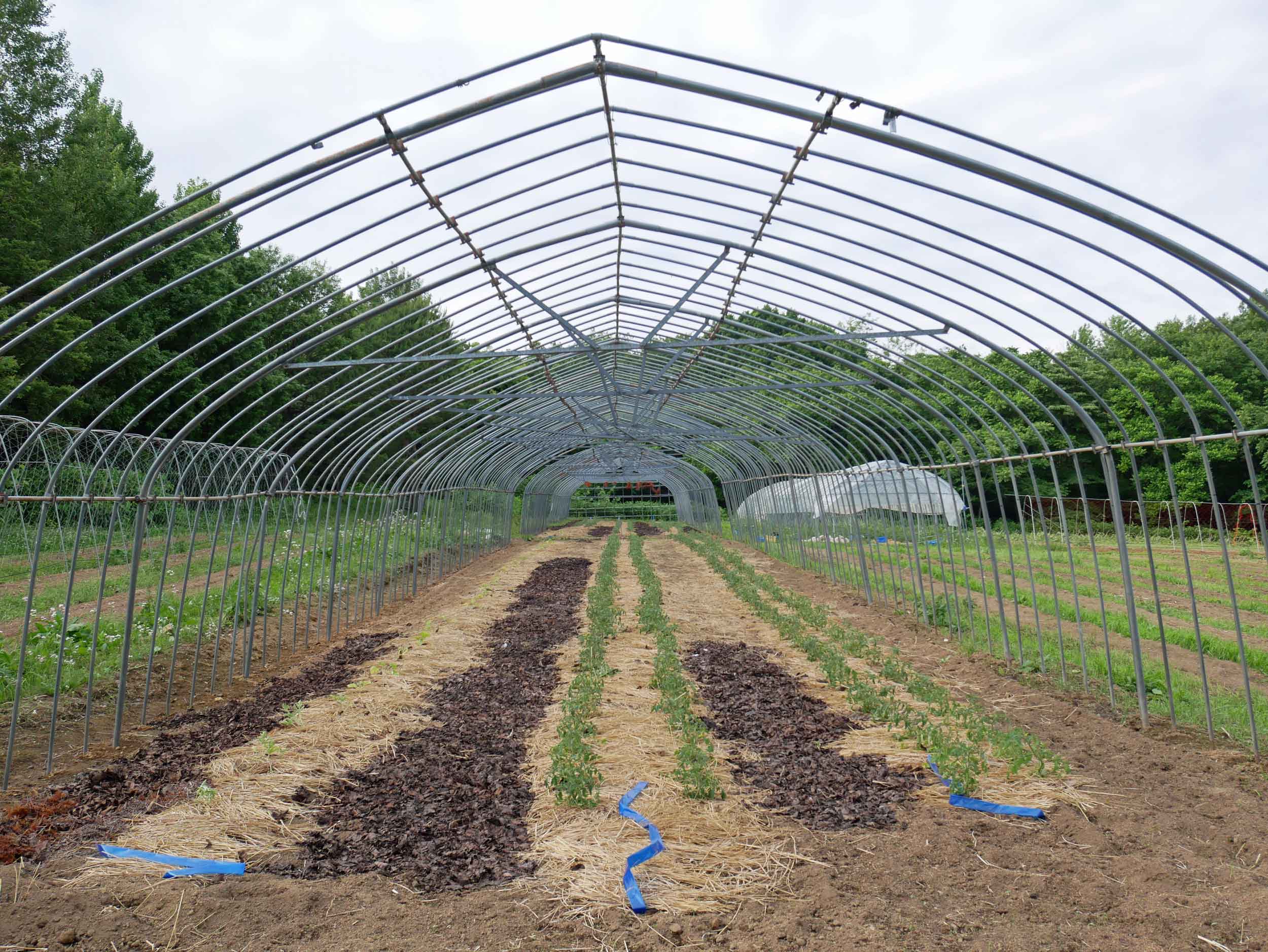

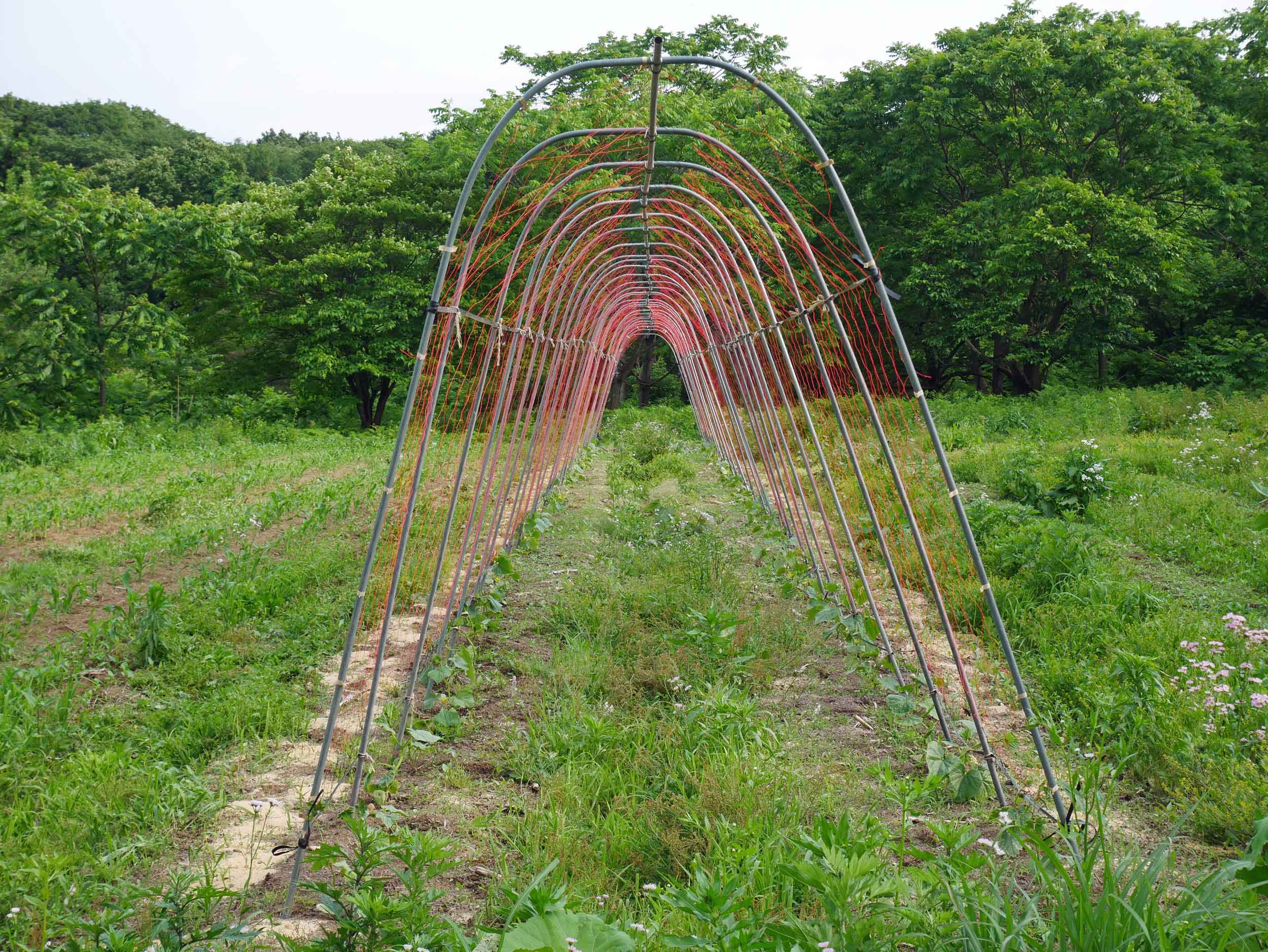
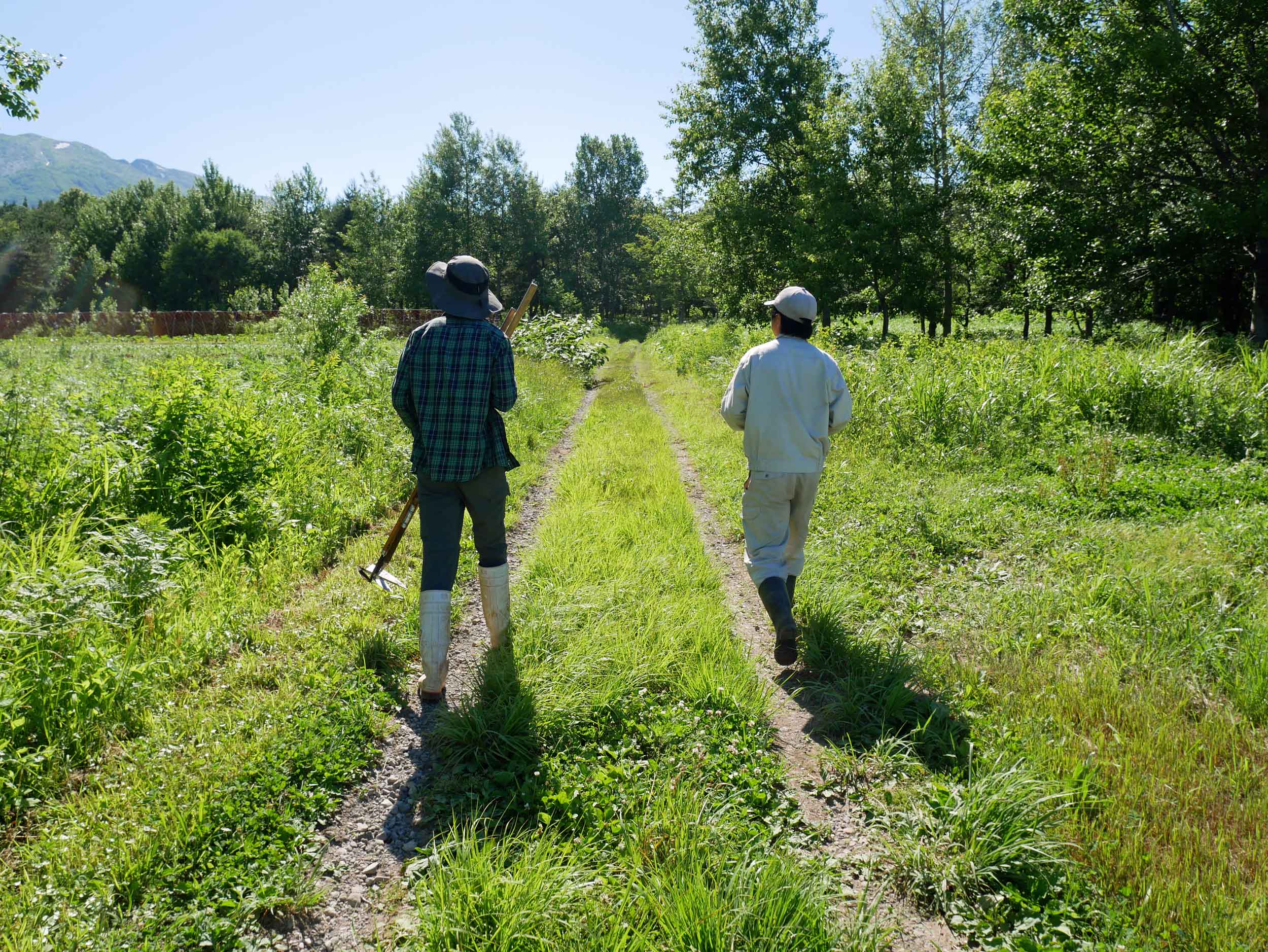
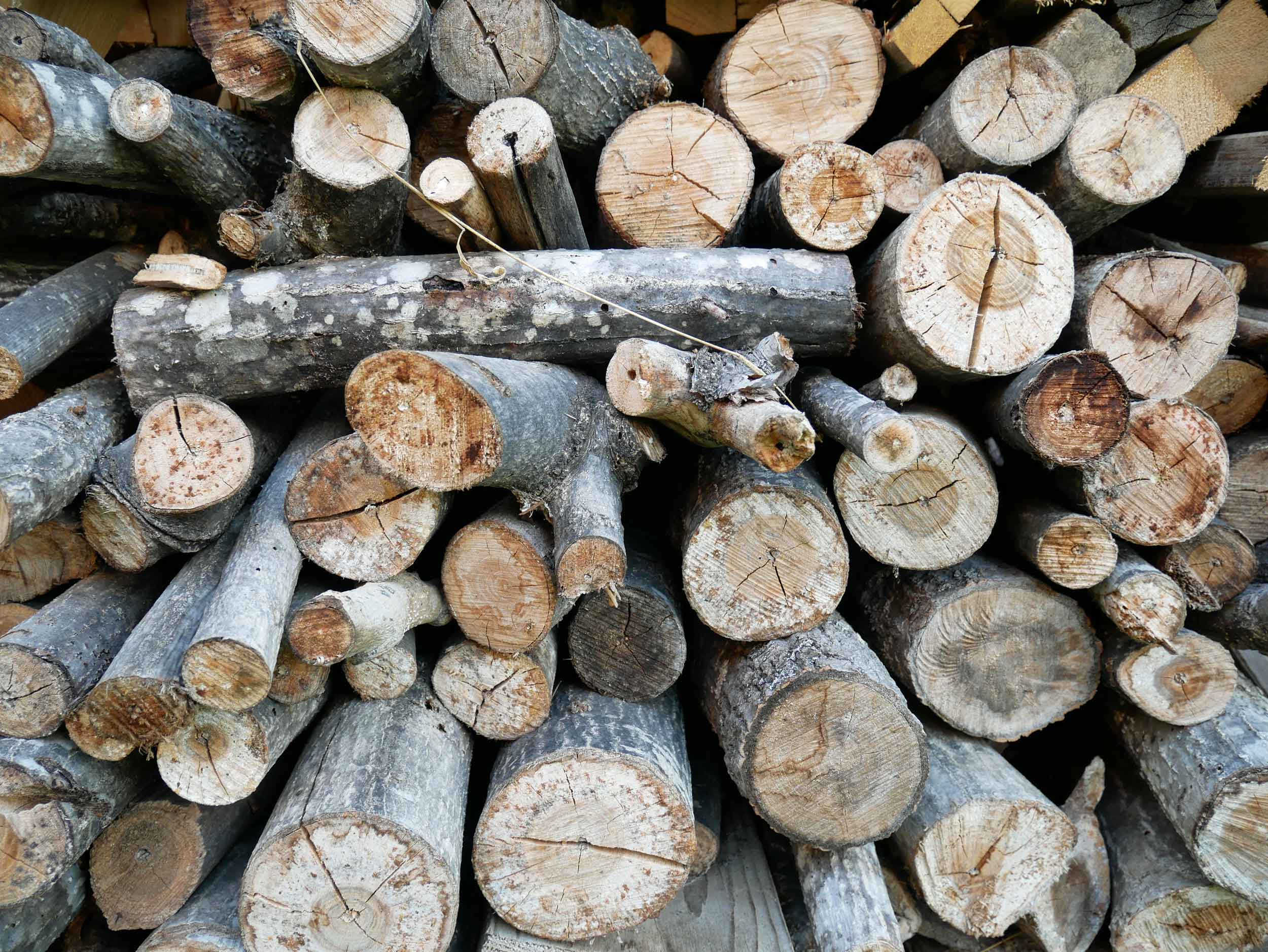
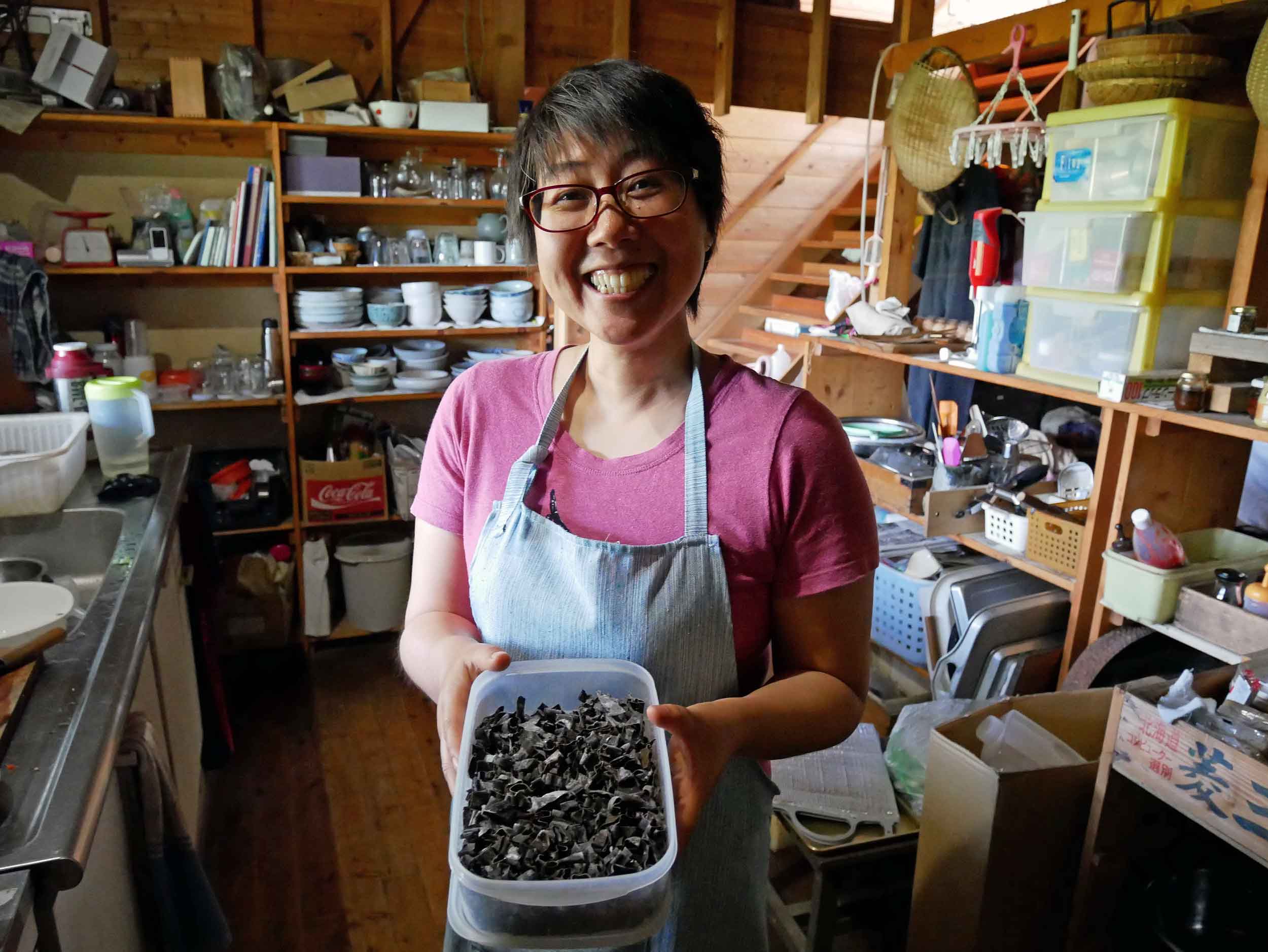

What We Can All Do
There are so many ways that we can support our local food movement. Consider taking one or all of the following actions:
- Shop local- either at a farmers market or at the ‘local bin’ of your neighborhood grocery
- Buy organic- it may cost a bit more because of the extra effort required, but it’s healthier for you and for the planet
- Volunteer at your local food COOP or organic farm
- Join a CSA
Trey and I spent plenty of sun-drenched hours weeding and de-bugging the many rows of the farm's healthy potato plants.
We want to offer a huge 'arigato' to our friends at Shiratori Family Farm for hosting us and letting us share a slice of their agri-heaven for a short time this past June!
-Martin.


